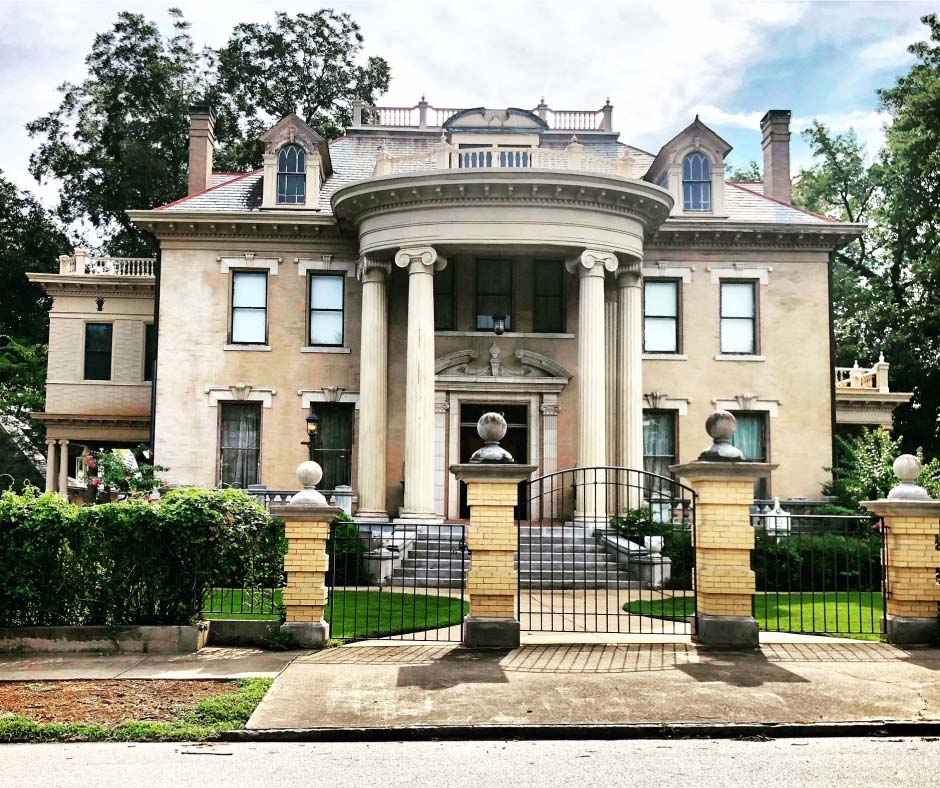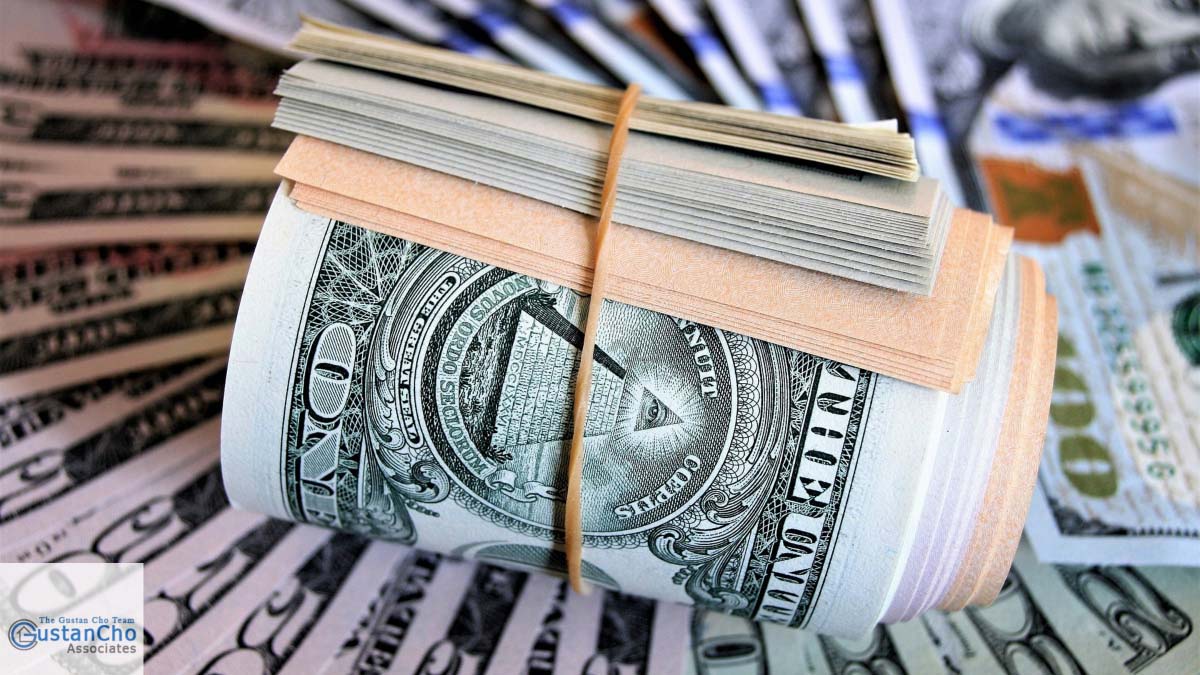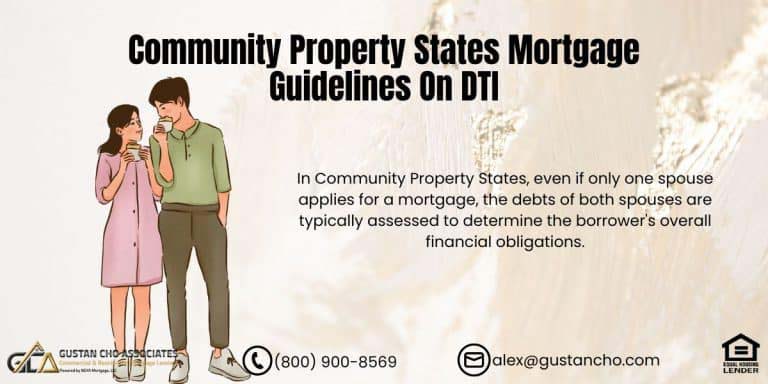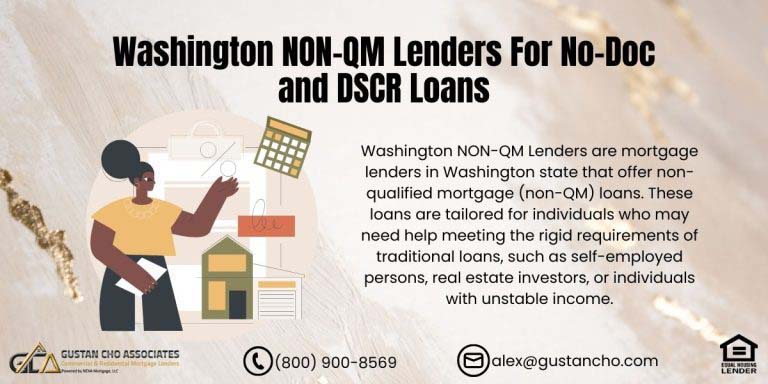In this guide, we will cover self-employed mortgage borrowers with no income tax returns required on a home purchase. Many lenders consider self-employed individuals to pose a greater risk of defaulting on a mortgage. This is because their incomes often vary from month to month and from year to year. In general, mortgage lenders want to see consistency in income from the past two years. Lenders also want to rest assured the borrower’s income is likely to continue for the next three years. Mortgage underwriters consider qualified income when calculating the debt-to-income ratio of the borrower. In the following paragraphs, we will cover self-employed mortgage borrowers getting approved for mortgage loans with no income ta returns.
How To Calculate Self-Employment Income For a Mortgage
Qualified income is based on adjusted gross income which is income after unreimbursed business expenses. Most self-employed mortgage borrowers have the benefit of writing substantial unreimbursed business expenses which yields low adjusted gross income. Low adjusted gross income yields low qualification. Low qualified income yields not enough income for the loan amount self-employed mortgage borrowers need to qualify.
Self-Employed Homebuyers
Bank Statement Loans
Some lenders offer “bank statement loans” where your income is calculated based on bank statements rather than tax returns. They’ll typically look at your deposits over a certain period (usually 12-24 months) to determine your income.
Asset-Based Loans
You can qualify for an asset-based loan if you have substantial assets. In this case, the lender would evaluate your assets and bank statements to determine your ability to repay the loan.
Stated Income Loans
While these loans were popular before the financial crisis 2008, they have become less common. With a stated income loan, you provide an income figure without necessarily having to provide extensive documentation to back it up. However, since the financial crisis, lenders have become more cautious about these types of loans.
Credit Unions and Community Banks
These institutions might have more flexibility in lending criteria than larger banks. They may offer portfolio loans, keeping the mortgage on their books rather than selling it to investors. This can allow for more flexibility in underwriting criteria.
Find a Co-Signer
If you have a family member or business partner with a more traditional income, they may be able to co-sign the loan with you. Keep in mind that this also puts their credit on the line, so it’s not a decision to be taken lightly.
Build Your Credit Score
A higher credit score can sometimes compensate for a lack of traditional income documentation. Focus on paying bills on time, reducing debt, and avoiding new credit inquiries.
Work with a Mortgage Broker
Mortgage brokers work with multiple lenders and can often find options that traditional banks might not offer. They can also guide you through the process and help you find the best fit for your situation. It’s important to note that these options might come with higher interest rates or additional requirements, and you should carefully consider the terms and conditions before proceeding. Additionally, mortgage lending regulations can vary by country and region, so it’s essential to consult with a knowledgeable mortgage professional familiar with the rules in your area.
How Does a Self-Employed Person Qualify For a Mortgage
Now with the non-QM bank statement loan program, self-employed borrowers can use their bank statement deposits to show qualified income versus adjusted gross income from their income tax returns. The average monthly deposit from the last 12 months is averaged to calculate monthly qualified income. Speak With Our Loan Officer for Mortgage Loans
How is Income Calculated on Bank Statement Loans?
Only deposits are used and not withdrawals. Therefore, if a borrower consistently makes a $10,000 monthly deposit and withdrawals $9,000 the next day, the $10,000 deposit is used. The $9,000 withdrawal does not matter. Mortgage underwriters do not even want to see the self-employed mortgage borrowers’ income tax returns. In the following sections of this guide on self-employed mortgage borrowers with no income tax returns required, we will cover bank statement loans for self-employed mortgage borrowers.
Types of Mortgage Programs For Self-Employed Mortgage Borrowers
There are two types of loan programs that Gustan Cho Associates has for self-employed mortgage borrowers. The traditional loan program offered with government or conventional loans. The new popular bank statement loan program for self-employed borrowers where no income tax returns are required
Unsteady incomes can obviously affect a borrower’s ability to make regular, timely mortgage payments. In addition, some self-employed mortgage borrowers may be personally liable for the business’s debts.
This is depending on how the business entity is structured. Small businesses typically have high failure rates, especially within the first two years. For these reasons, self-employed mortgage borrowers are often subject to greater scrutiny and tougher requirements when trying to qualify for home loans.
Qualified Income Issues With Self-Employed Borrowers
Some self-employed individuals have seasonal incomes. Others transact their businesses primarily on a cash basis. Many may have ample income, appreciable assets, and proud credit histories. Some may work on commission or not take a consistent salary. While a person’s ability to repay the loan may exist, it may not be readily apparent.
Qualifying For a Mortgage When Self-Employed
Most self-employed individuals take as many income tax deductions as possible. They do so because they can minimize their tax liabilities. However, by maximizing deductions, self-employed individuals also lessen their reported income and cash flow. This affects their ability to qualify for a mortgage. This is because lenders look at net income rather than gross revenues when assessing a self-employed person’s ability to afford a home loan. Having a lower net income will also have a significant effect on self-employed borrowers’ debt-to-income ratios. However, as we’ll learn later in the module, some lenders may allow certain tax deductions—such as the following:
- depreciation
- amortization
- casualty loss
The above can be added back to a person’s net income for qualification purposes.
Who Are Self-Employed Mortgage Borrowers?
The Internal Revenue Code (IRC) defines a self-employed individual as a person who meets one of the following: Carries on a trade or business as a sole proprietor or an independent contractor: Is a member of a partnership that carries on a trade or business: Or is otherwise in business for himself or herself (including a part-time business).
What Defines Self-Employed Mortgage Borrowers
In the mortgage industry, a person is considered self-employed if he or she owns 25 percent or more of a business (whether a sole proprietorship, partnership, LLC, or other entity). When working with customers who are self-employed, it is important to listen carefully and learn about their businesses. You must know which business structure the customer is using to conduct business. In other words, is a customer operating as a sole proprietor, partnership, limited liability company (LLC), or another type of business entity?
How Do You Get Approved For a Home Loan as a 1099 Employee?
Is the customer an independent contractor who receives a Form 1099 when tax season rolls around? Knowing the structure of the business will help the lender evaluate the business’s stability and the extent of the borrower’s involvement in it. This will also help you understand which types of income tax schedules and forms you will need to evaluate to qualify a self-employed borrower for a loan. Gustan Cho Associates has a 1099 wage earner mortgage loan program that goes just off the 1099 income. The adjusted gross income does not count. If you are making $100,000 as a 1099 wage earner and have $80,000 in unreimbursed business expenses, we will just go off the $100,000 income and not the $20,000 adjusted gross income. Click here to get approval for a home loan as a 1099 employee
What Is a 1099 Mortgage Loan?
How a business is legally structured is important due to the fact that it determines the manner in which the business income or loss must be reported to the Internal Revenue Service as well as the types of taxes that are needed to be paid and the ability of the business to accumulate capital as well as the extent of the owner’s liability for business debts and losses.
Bank Statement Loans For Self-Employed Borrowers
Self-Employed mortgage borrowers can now qualify for bank statement loans for self-employed borrowers. No income tax returns are required. Either personal or business bank statements can be used. Lenders will total 24 months’ bank statements and divide it by 24. That figure will be the monthly gross income. 10% to 20% down payment is required. The amount of the down payment depends on the home buyer’s credit score. There is no maximum loan limit. There is no private mortgage insurance required. To learn more about our non-QM loans and bank statement loans for self-employed borrowers, please contact us at Gustan Cho Associates at 800-900-8569 or text us for a faster response. Or email us at gcho@gustancho.com.
This article on self-employed mortgage borrowers was updated on March 25th, 2024.










